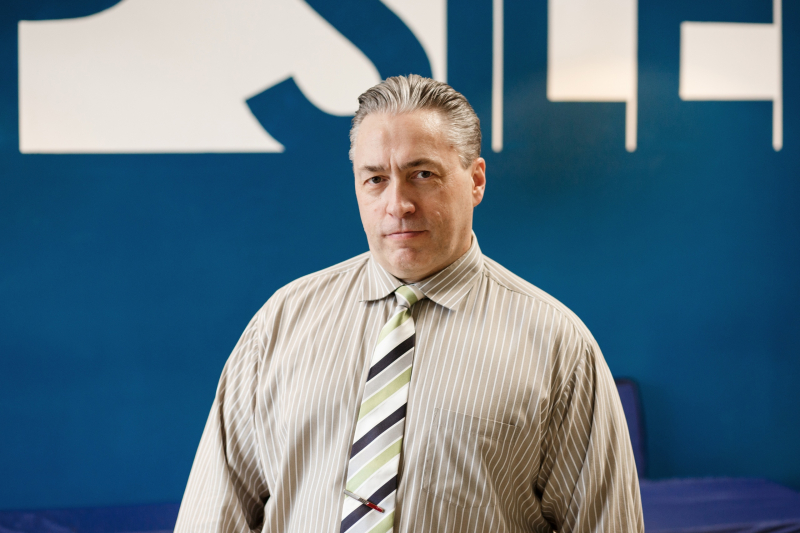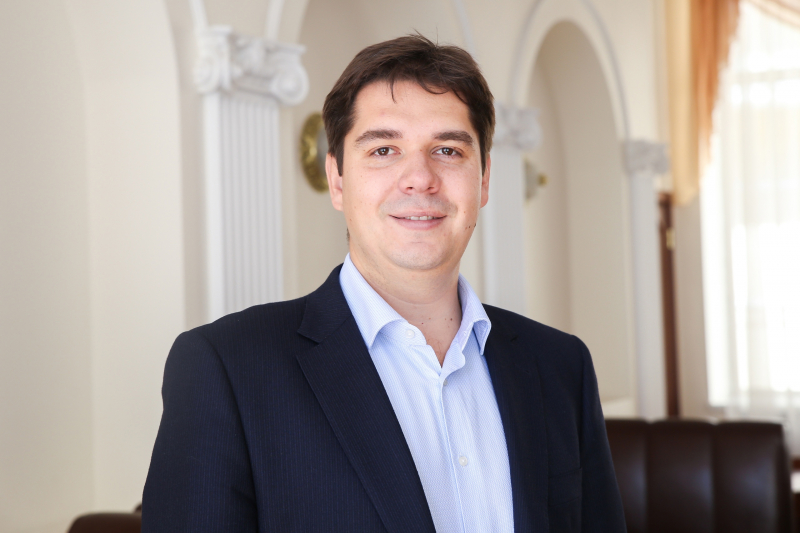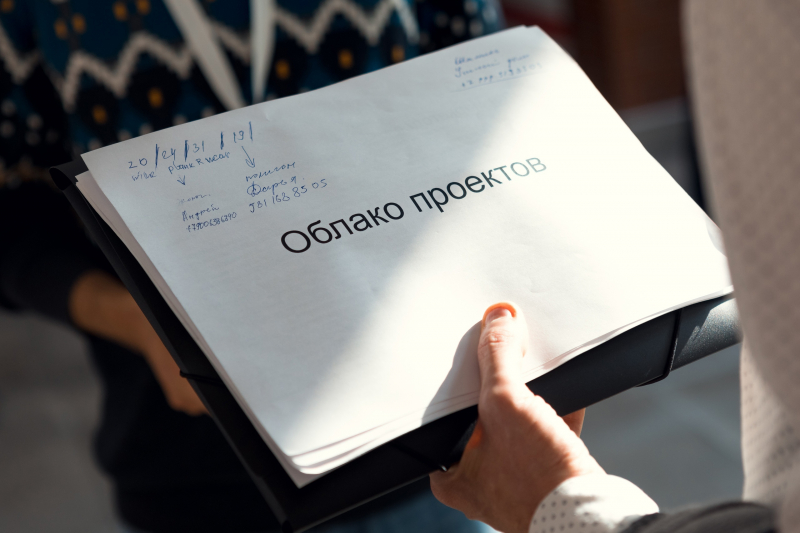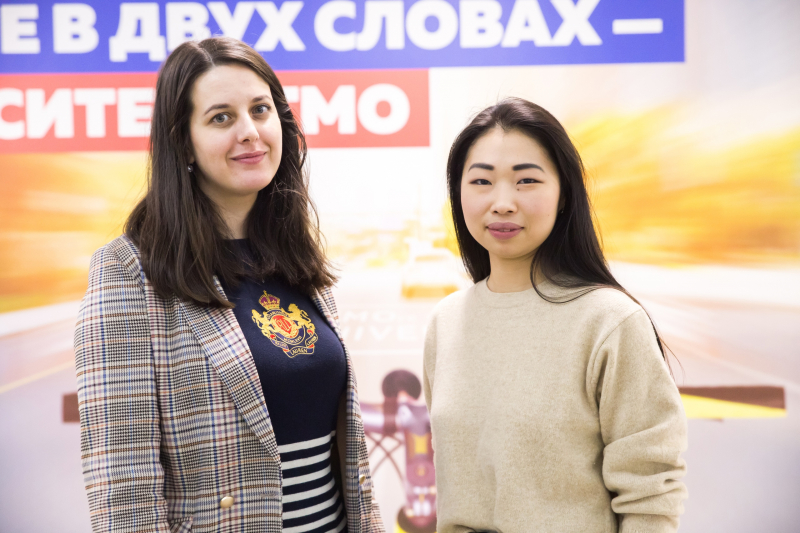New approach, new format
What makes PM School 2021 different from the other courses of the Startup Connect (Innocamp and SumIT) project is a focus on project activity and strategies on getting funding
grants and foundations rather than the launching of startups and search for venture investments.
“The school’s main idea was to create a mechanism that would help our staff members and students initiate projects and write applications with a higher chance of getting funded,” says Igor Kuprienko, one of the school’s curators and head of ITMO’s Project Development Division. “Our office often works with those ITMO units that are interested in the development of all kinds of initiatives, especially international ones. Colleagues come to us with their ideas that usually need quite a lot of work.”
According to Igor Kuprienko, international projects call for a particular methodology of preparing the applications. Russian applications usually involve more formalities and documents and less real content; European applications are the other way about. In order to get funding, you have to really prove who needs your project and why, what you do and for what reason, what are the results that you are trying to get, by which means, and so on.

“There are many particulars associated with this process, which we explain at our school,” explains Igor Kuprienko. “For example, we start preparing a project by analyzing financiers’ demands. This might seem odd, as people often come to financial sources just to get money. We pay attention to how a specific project can help the representatives of financial structures and grant foundations achieve their goals and tasks in accordance with state and international agreements.”
Among the school’s lecturers and experts are the already mentioned Igor Kuprienko, Svetlana Bazueva, head of the International Programs and Projects Office, as well as Igor Kudinov, vice dean of the Faculty of Technological Management and Innovations, and Dmitry Trutnev, vice-head of the eGovernment Center and specialist in the project management methodologies Agile, SCRUM and PRINCE2.

The school is different in not just the focus on project management but also its format. Every week, participants get access to the theoretical module. All of the school’s lectures were recorded in advance so that participants would be able to watch them at a comfortable time. Then, they attend Zoom meetings for group work and consultations with experts. Every study module ends with a test that assesses participants’ progress.
Participants also get home assignments for every meeting: they work on projects on their own, trying to apply the theory they’ve learned in practice. At the school’s start, participants exchanged their ideas and formed teams to work on the most interesting projects. Individual projects didn’t pass the selection – according to the organizers, project activities imply teamwork.

Igor Kuprienko confesses that they’ve partially borrowed the format from such platforms as Coursera and EdX, as well as used the experience of collaborating with MIT several years back:
“Some six years ago, we and the Russian Venture Company did a course on the commercialization of innovations. There were two MIT professors there – it’s from them that we’ve borrowed this model with pre-recorded courses that one can watch at a comfortable time throughout the week,” says Igor Kuprienko.“We also made changes to the format that’s used by online education platforms like Coursera. Their test assignments are designed in such a way that they follow the lectures’ contents. We aim to ask such questions that prompt the participants to look for answers in other sources.”
Smart clothes and collaborations with graduates
All in all, 80 people applied for PM School 2021; after a strict selection, 40 of them were admitted, but only 25 made it to the middle of the course. According to the organizers, many couldn’t continue due to ITMO University returning to on-site learning format. The school’s curriculum is very intensive; every week is a new logical step which you can’t miss, so participation calls for full engagement and lots of effort.

During the selection process, the organizers especially welcomed students and staff members with experience in project activities. For example, among the school’s participants are the developers of smart clothing with controlled electronic heating who get their product ready for the international market. Another interesting project that has to do with ITMO’s collaboration with industrial partners via the university’s graduates os being developed by Ludmila Tsoy, manager at the Creative and Corporate Projects Planning Center:
“Most importantly, I wanted to improve on my idea and get feedback from my more experienced colleagues. At the first stage, I had an opportunity to join in on another project that I was interested in, but in the end, me and my team gathered to work on my idea,” says she “I’m glad that everything ended up like this. I think that now, I have a better understanding of the project's framework – and it’s because I work on my own projects that I know better than any other.I think this course gives a good opportunity to develop systemic thinking and skills associated with project management. It’s also a chance to meet cool people and work with their ideas.”

Future prospects
As of now, PM School is in testing mode, and is open for ITMO staff members and students only. But all educational materials, including the recordings of lectures, will be used in the future projects, including those implemented as part of cross-border cooperation programs. The next program will probably take place in an international format, as part of the Twin Campus project.
In the future, the course might be implemented on a commercial basis, for example on the order of partner universities, much like the recent winter school by ITMO Technopark for students of the Monterrey Institute of Technology and Higher Education.





